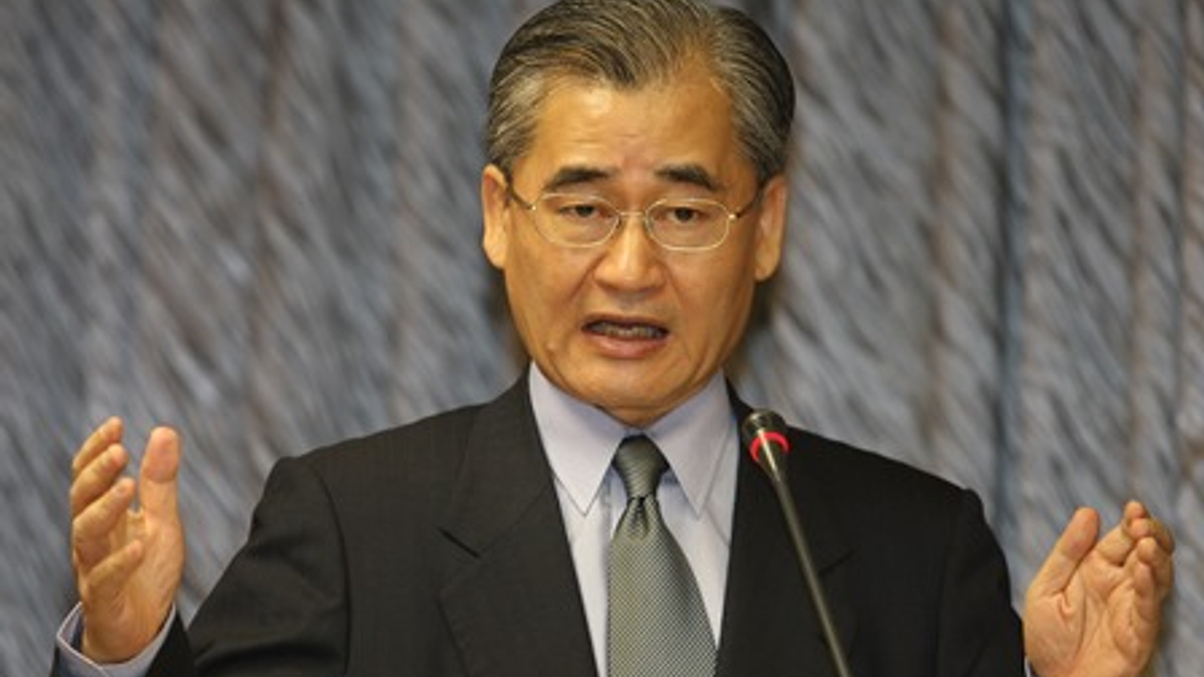Taiwan's SWF plan proceeds despite opposition
The central bank’s view is that safety and liquidity tops its list of concerns in the management of foreign exchange reserves.

Government plans to create a sovereign wealth fund in Taiwan are being met with considerable opposition.
Sign in to read on!
Registered users get 2 free articles in 30 days.
Subscribers have full unlimited access to AsianInvestor
Not signed up? New users get 2 free articles per month, plus a 7-day unlimited free trial.
¬ Haymarket Media Limited. All rights reserved.


